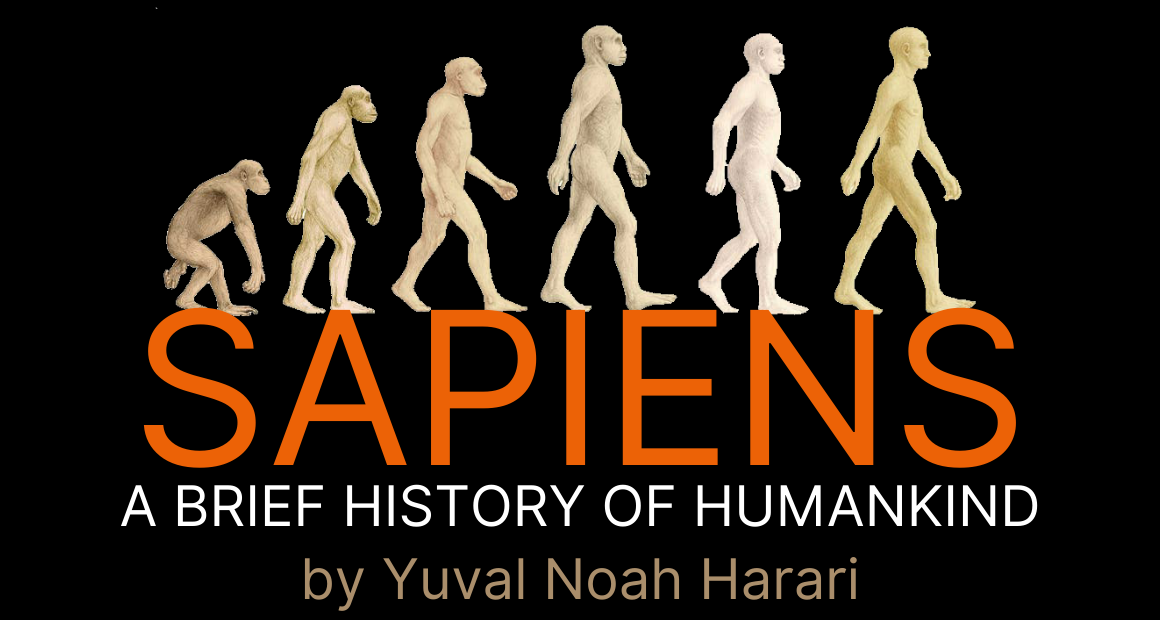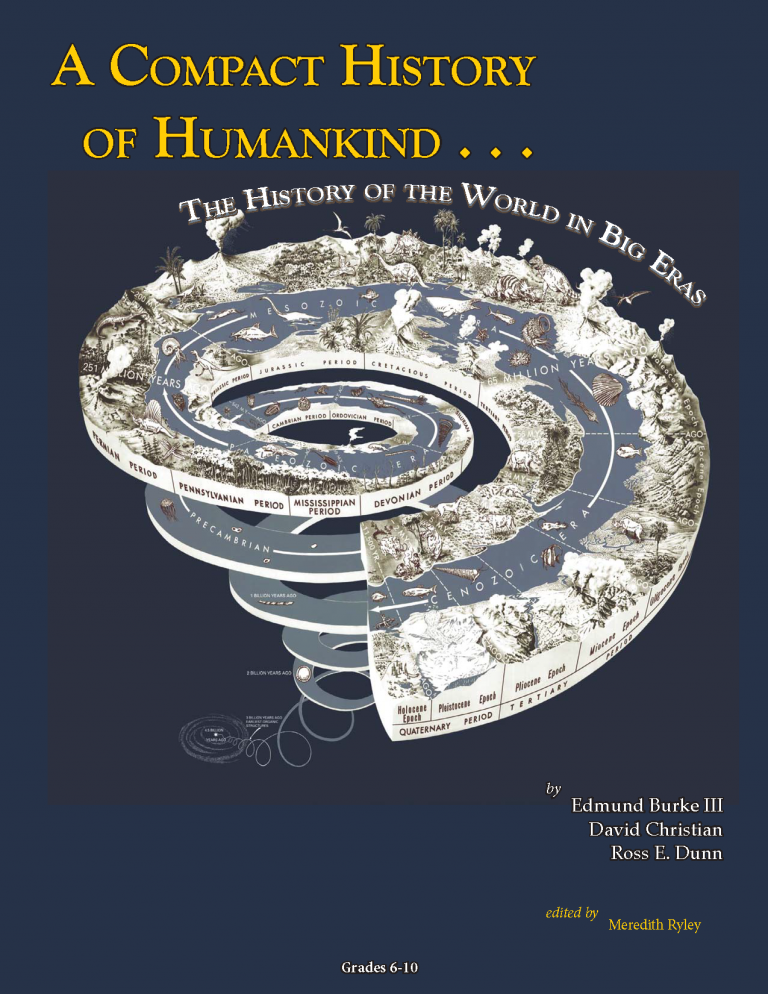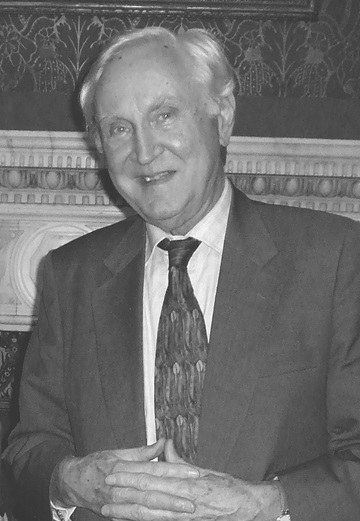


1543 CE, the emergence of objective science). 34 CE, the gradual consolidation of human political organizations towards one global empire). 10,000 BCE, the development of agriculture). 70,000 BCE, when imagination evolved in Sapiens). He divides the history of Sapiens into four major parts: Harari surveys the history of humankind from the Stone Age up to the 21st century, focusing on Homo sapiens.

The academic discipline of history is the account of cultural change. Harari's work situates its account of human history within a framework: he sees the natural sciences as setting the limits of possibility for human activity and sees the social sciences as shaping what happens within those bounds. While it was positively received by the general public, scholars with relevant subject matter expertise have been very critical of its scientific and historical claims. The account is situated within a framework that intersects the natural sciences with the social sciences. The book, focusing on Homo sapiens, surveys the history of humankind, starting from the Stone Age and going up to the twenty-first century.
#A brief history of humankind series#
Sapiens: A Brief History of Humankind ( Hebrew: קיצור תולדות האנושות, ) is a book by Yuval Noah Harari, first published in Hebrew in Israel in 2011 based on a series of lectures Harari taught at The Hebrew University of Jerusalem, and in English in 2014.


 0 kommentar(er)
0 kommentar(er)
